US has no option but to stop lawbreaking after defeat of pressure policy: Iran
Iran’s administration says the United States has been left with no choice but to end its law-breaking policies “in the very near future” given the failure of Washington’s so-called maximum pressure campaign in the face of the Iranian nation’s resistance.
Ali Rabiei, the administration’s spokesman, made the remarks at a media briefing in Tehran on Tuesday, as the parties to the 2015 nuclear deal are preparing to meet in Vienna later in the day to discuss the future of the multilateral agreement, officially named the Joint Comprehensive Plan of Action (JCPOA).
“On Tuesday, we will be witnessing a new chapter in the process of defeating coercion and resurrecting the JCPOA,” he said.
“As we predicted at the height of bullying and pressure by [former US president Donald] Trump’s regime, the US — now disappointed with the previous wrong path — will eventually confess that ‘maximum pressure’ has failed, and that there is no choice but to revive the JCPOA and get all parties return to their commitments.”
He added, “Today, we say with confidence that in the very near future, the US administration has no option but to terminate its law-breaking behaviors. Unilateral sanctions as well as violations of international agreements and regulations will also end. The Vienna meeting, which will take place today, is an opportunity for all sides to exchange views on how and when to return to the JCPOA obligations.”
The official said Iran would not have achieved such a diplomatic victory had it not been for the nation’s resistance and the wisdom of Leader of the Islamic Revolution Ayatollah Seyyed Ali Khamenei in dealing with the American campaign of pressure and sanctions.
In 2015, Iran and the P5+1 group of countries, the US, the UK, France, Russia, and China plus Germany, signed the JCPOA, which was ratified in the form of UN Security Council Resolution 2231.
Three years later, however, Trump unilaterally pulled the US out of the JCPOA and unleashed what his team called a “maximum pressure" campaign with the stated objective of forcing Iran to negotiate “a better agreement.”
The Islamic Republic refused to bow down to the pressure and adopted instead a “maximum resistance” policy, which includes economic measures to weather the bans as well as reducing Tehran's commitments under the JCPOA.
The new US administration, under President Joe Biden, has claimed it is willing to rejoin the JCPOA, but conditioned the move on Tehran’s resumption of its obligations.
Tehran says Washington, as the first party that reneged on its commitments, should take the first step towards the JCPOA’s revival and unconditionally remove all the sanctions in a verifiable manner.
Iran’s Deputy Foreign Minister Abbas Araqchi will lead the Iranian delegation to the Vienna talks later on Tuesday, which will focus on a potential US return to the JCPOA.
Tehran has said the event will feature no direct or indirect talks with the US.
Elsewhere in his remarks, Rabiei said, “Our principled position is very clear and it will be repeated by our negotiators. As it has been said many times, no negotiations will take place between the representatives of Iran and the US, but we are ready to send a message to the JCPOA members that if sanctions are lifted and Resolution 2231 is honored, the Islamic Republic is reciprocally ready to return to its commitments in the shortest possible time after verifying the implementation of the obligations by the other sides.”
“At the moment, we are neither optimistic nor pessimistic about the outcome of the meeting, but we are confident that we are on the right track. If America’s will, seriousness and honesty are proven, it could be a good sign for a better future for the agreement (the JCPOA) and finally its full implementation in the coming weeks,” he said.
Iraq exhuming remains of 100 Kurdish women, children killed by Saddam
Panama rejects talks with US over canal control
HTS rulers name al-Qaeda operative as Syria's new spy chief
Iran voices concern about rising insecurity, violence in Syria
VIDEO | Karachi sit-in amplifies nationwide call for justice for Parachinar victims
Iran strongly condemns Israeli bombing of Yemen's civilian infrastructure
VIDEO | Press TV's news headlines
VIDEO | Israel and Iran’s Nuclear Facilities?


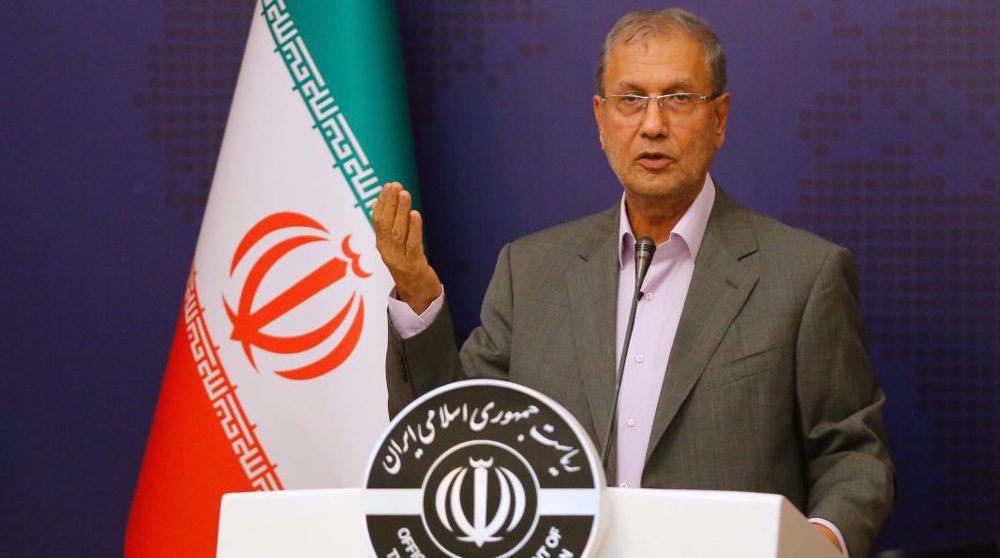
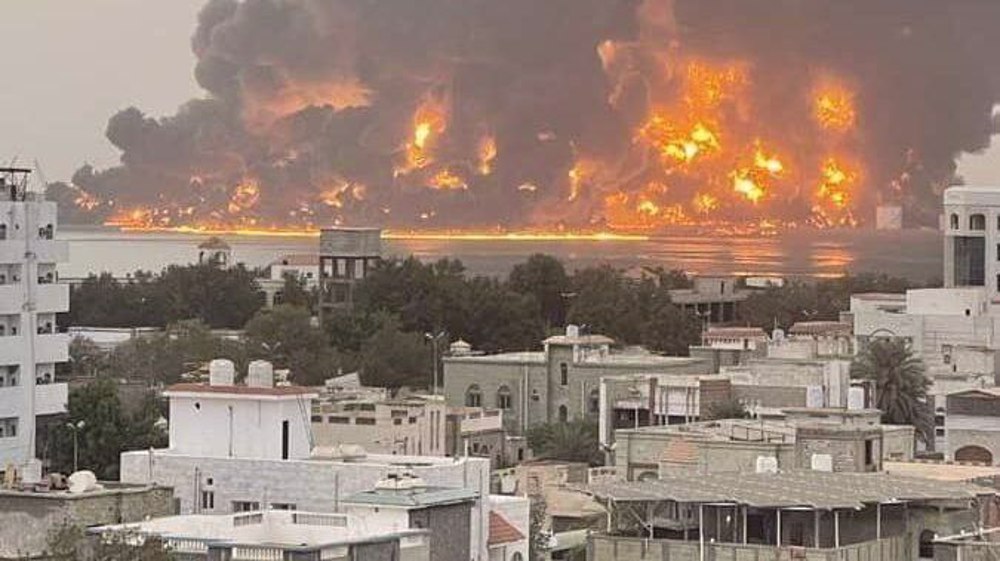
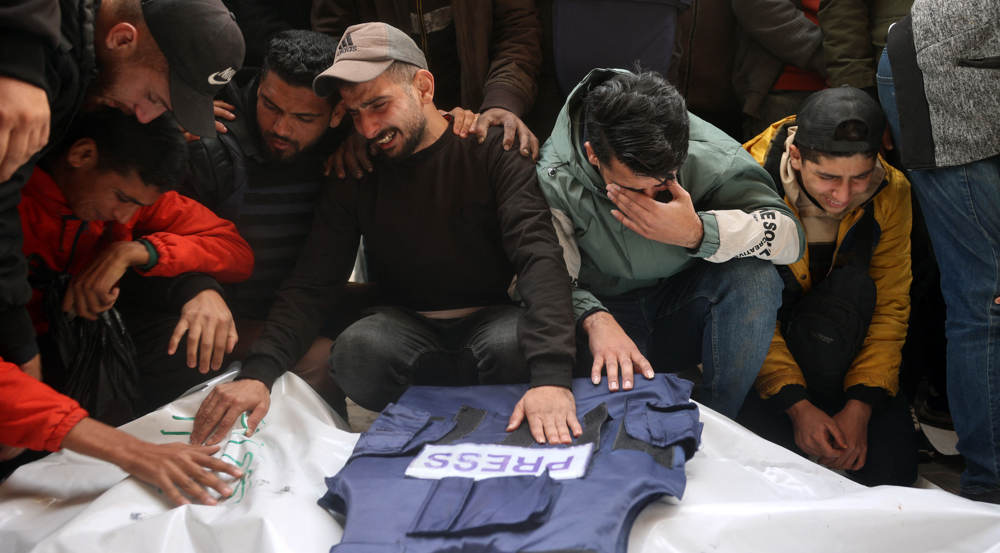
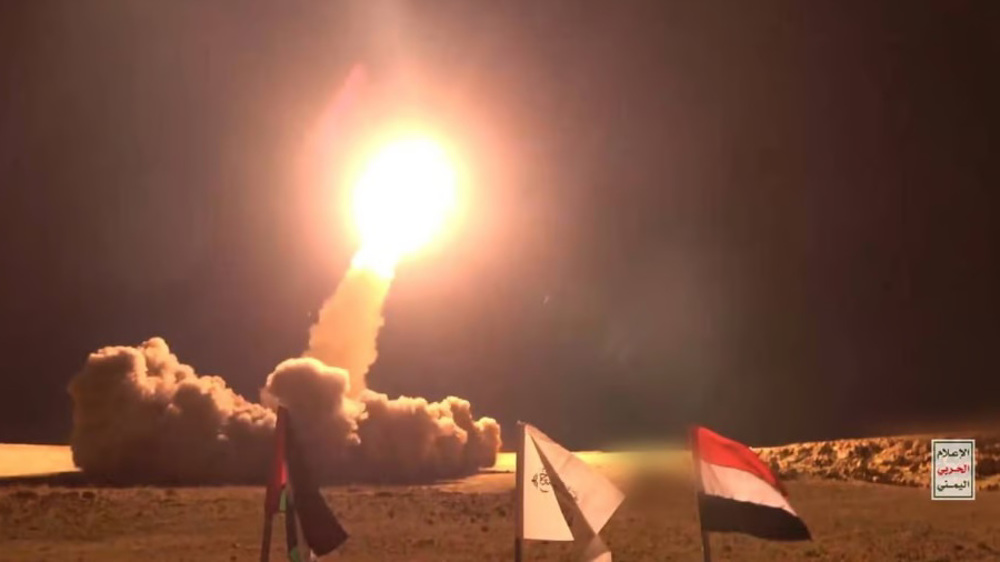



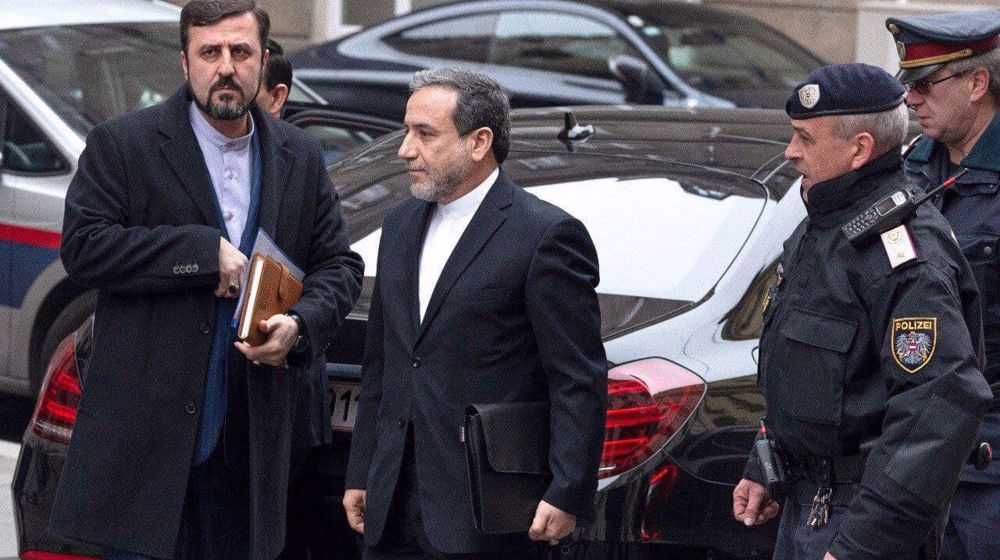
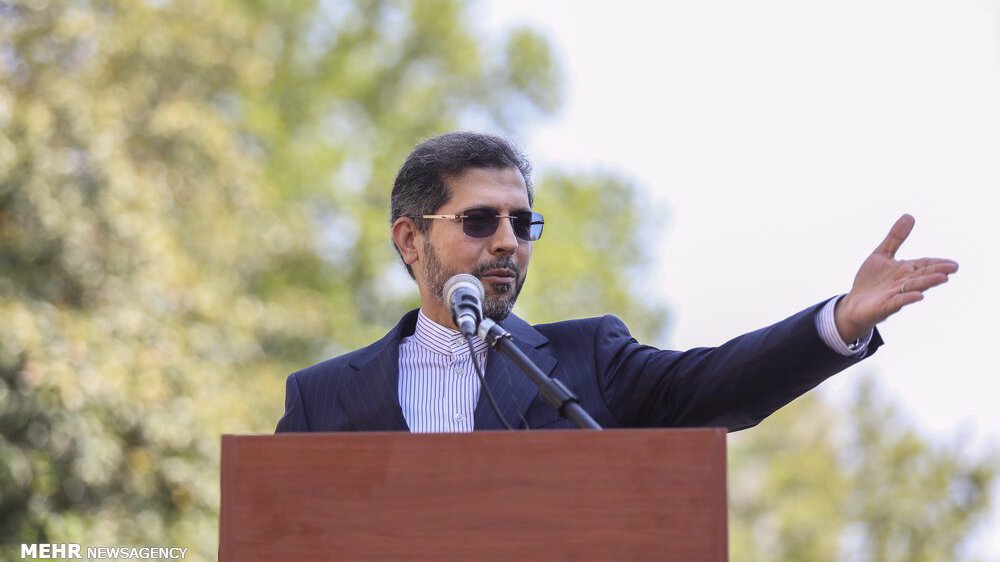
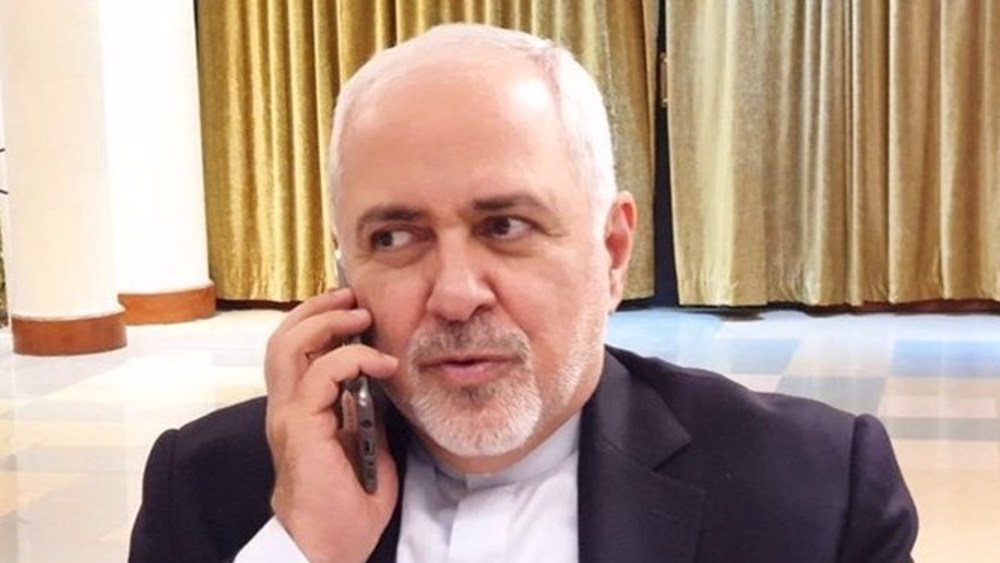
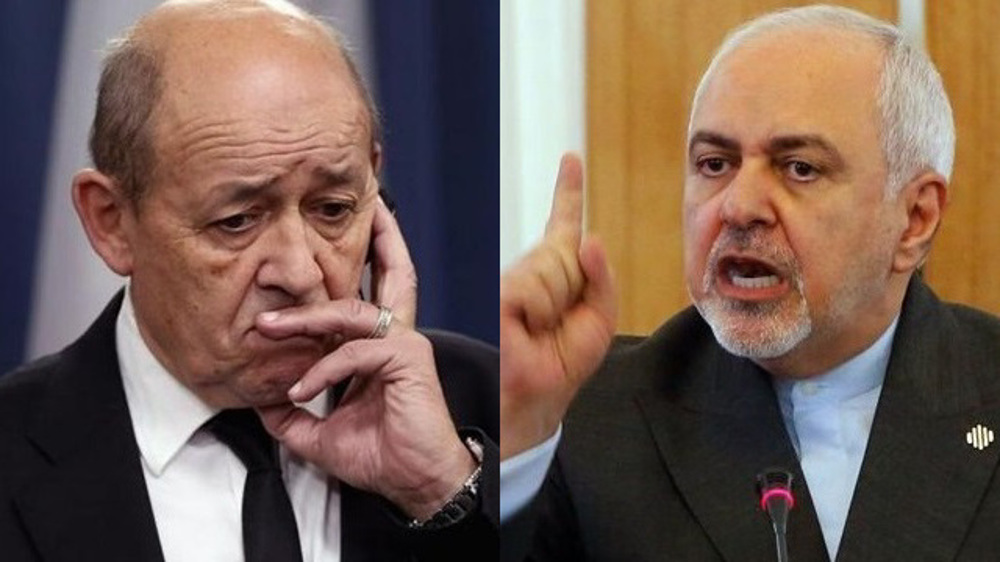
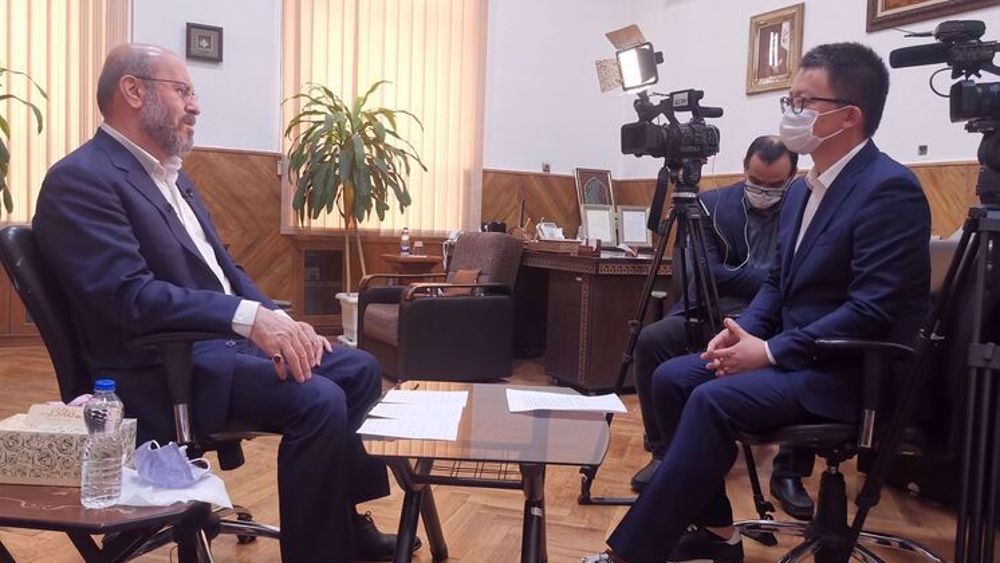
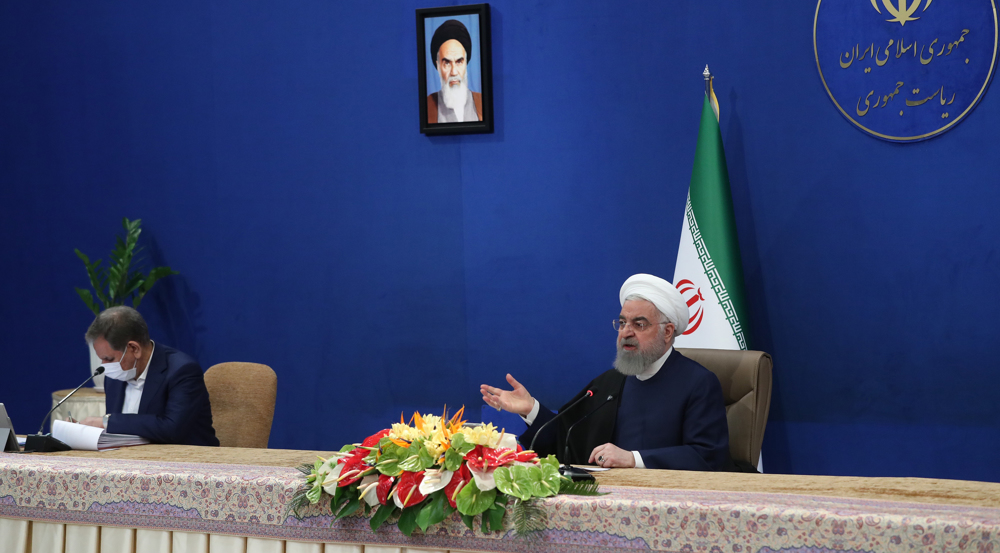

 This makes it easy to access the Press TV website
This makes it easy to access the Press TV website